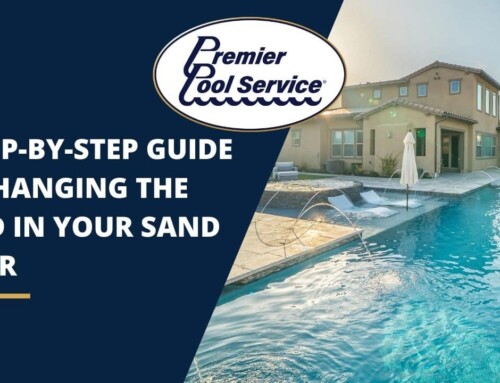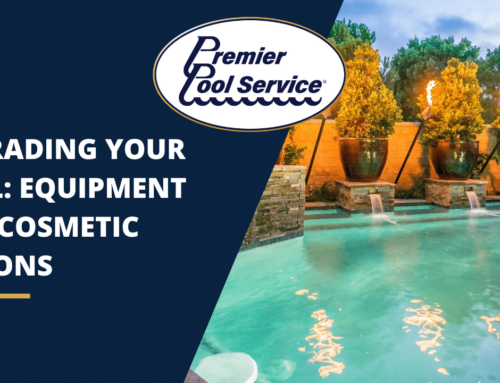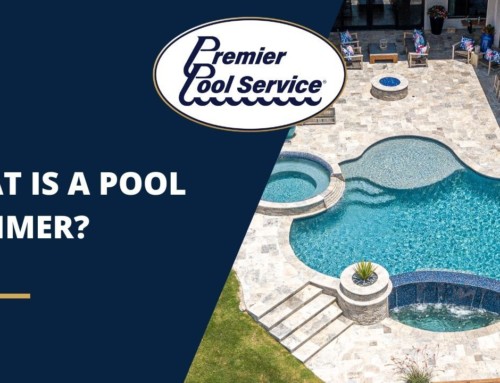
As a pool owner, you’ve probably asked yourself how long pool pumps last at some point.
Pool pumps are one of the most important pieces of equipment in your pool system and they are also one of the most expensive. A quality pool pump can last around 10 years, but there are a lot of factors that will affect how long your pool pump will last.
Climate is a big factor in how long your pool pump will last. If you live in an area with long, hot summers your pool pump will have to work harder and will not last as long as it would in a cooler climate.
The quality of your pool pump will also affect how long it lasts. Cheaper, lower quality pool pumps will not last as long as a higher quality, more expensive pool pump.
You also need to take into consideration how often you use your pool and how well you maintain your pool pump. If you use your pool a lot, your pool pump will not last as long as it would if you only used it occasionally. And, if you don’t maintain your pool pump properly, it will not last as long as it should.
So, how long do pool pumps last? It depends on several factors, but with proper care and maintenance, a quality pool pump should last around 10 years.
How long do pool pump motors last?
Whether you have an aboveground or inground pool, you likely know that the key to keeping your swimming area clean is a functioning pump. Your pool’s pump motor plays a critical role in moving water through the filtration system so that impurities can be removed. But like any mechanical device, pool pump motors have a finite lifespan and will eventually need to be replaced.
So, how long do pool pump motors last? The answer may surprise you.
On average, pool pump motors last 8-12 years before requiring replacement. However, there are several factors that can impact a pool pump motor’s lifespan, including:
-Frequency of use: If your pool is used regularly, your pump motor will likely need to be replaced sooner than if it’s only used occasionally.
-Type of pool: Aboveground pools typically put less strain on pump motors than inground pools.
-Water quality: Poor water quality can shorten the lifespan of a pool pump motor.
-Climate: Pools in climates with high humidity and/or extreme temperatures may also experience reduced pump motor lifespans.
If you’re looking to extend the life of your pool pump motor, there are a few things you can do. First, be sure to properly maintain your filtration system according to the manufacturer’s guidelines. This will help reduce wear and tear on the pump motor. Second, don’t forget about annual maintenance for your pool pump. This should include oiling any moving parts and cleaning the strainer basket. Finally, consider investing in a higher-quality pool pump motor. While initial costs may be higher, premium pumps often come with longer warranties and higher energy efficiency ratings – both of which can save you money in the long run.
How to tell if pool pump is bad.
When your pool pump is running, you should be able to hear a faint humming noise. If the pump is struggling to move water or if it’s making strange noises, then it may be time to check for signs of a bad pool pump.
One of the most common signs that your pool pump is going bad is a decrease in water pressure. If the pump isn’t able to generate enough circulation, then the water in your pool will become stagnant and dirty.
Another sign that your pool pump is on its way out is an increase in energy bills. A bad pool pump will have to work harder to circulate water, which means it will use more energy and end up costing you more money each month.
If you notice any of these signs, it’s important to take action quickly.
Get in touch with our Premier Pool Service technicians by filling out the form below or CLICKING HERE.
Get a FREE quote
Looking to build a brand new swimming pool or add a spa or water feature to your existing pool? Check out our fantastic pool designs at premierpoolsandspas.com.



